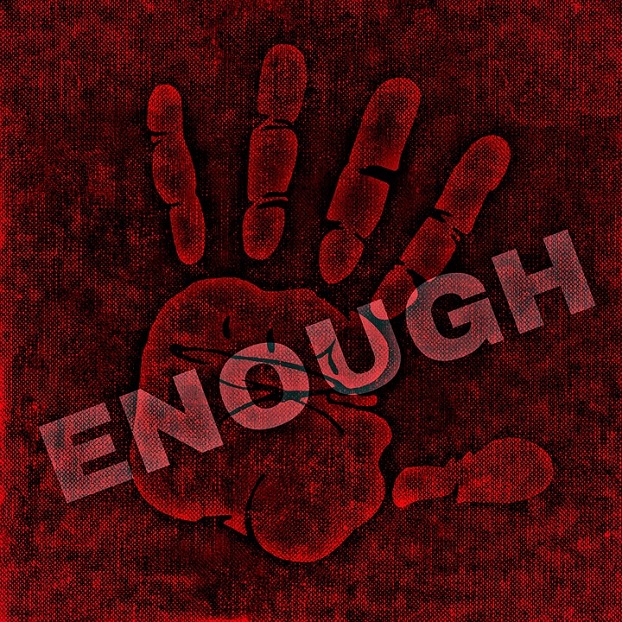
Sounds like Roseanne Barr missed Starbucks’ racial bias training.
After Roseanne Barr sent out that racist tweet last week, things escalated quickly and she had to issue a public apology for her comments. Despite good ratings, ABC canceled her show citing that Barr’s comments didn’t represent the network’s values.
But the question that comes up is whether canceling Roseanne was justified or not. Shouldn’t her apology be enough?
No. It shouldn’t.
I’ve been an avid Twitter user for ten years and have used it for both personal and professional reasons and there are many lessons I’ve learned over the course of this decade. Right from realizing it was moot to tweet “I’m on my way to work” or “I’ve reached work” or even “I have so much work, but I’m sleepy.”
I still remember, back in the day, when my mother Googled my name (I still don’t know why) and found my Twitter page. Boy, she had many questions for me that afternoon. It was then I realized that whatever I publish in the public sphere is up for scrutiny and can hurt public sentiment at some level. But someone famous, who has a bigger reach, can easily amplify their message leading to more significant consequences.
We as Twitter citizens have a moral responsibility on the messages we publish. It is representative of us, our values and the values of any organization we are associated with at that time.
This is not the first time someone has lost their job because of a bigoted tweet, and this surely won’t be the last. In 2015, PR professional Justine Sacco sent out a racist tweet before boarding her flight to South Africa. By the time she landed, she had been fired.
But the reason Roseanne Barr’s incident matters more than any random person being racist online is that Roseanne Barr is an influencer in her own right. And any bigoted comment by an influencer begins to normalize that behavior. This is not a “free speech” issue. Roseanne is within her right to express her opinion on what she feels and about whom. However, she was employed by ABC at the time and was being paid $250,000 per episode.
Roseanne Barr had a moral responsibility to make sure her comments/tweets don’t reflect poorly on her and the organization she was associated with at that time. And yet she consciously ignored that strategy and conveniently blamed it on Ambien. In response, Sanofi — the manufacturer of Ambien -– tweeted, “…While all pharmaceutical treatments have side effects, racism is not a known side effect of any Sanofi medication.” ABC was quick to act and distanced itself from the actress by canceling the show.
People of all races, religions and nationalities work at Sanofi every day to improve the lives of people around the world. While all pharmaceutical treatments have side effects, racism is not a known side effect of any Sanofi medication.
— Sanofi US (@SanofiUS) May 30, 2018
Since we are talking about racist comments on Twitter, we should address the orange elephant in the room. Over the course of Donald Trump’s journey to the White House, blatant acts of racism in the U.S. have gone up.
According to FBI data, cases of hate crime have gone up from 2015 to 2016 by 300 incidents which, according to researchers, is an anomaly. Whether it was random white men shouting, “go back to your fucking country…” to people of color in public, or just other folks with tiki torches chilling at a neo-nazi rally, racism and bigotry started to get normalized.
I don’t need to recount all the instances Donald Trump has tweeted racist comments. The list, just in his expedition to the White House, is longer than millions of CVS receipts. He is the ultimate public figure in the U.S. and world over and is the biggest influencer that is capturing both the horror and the imagination of people and the mainstream media today. However, he is an irresponsible communicator.
We hold ourselves, our family and friends to high standards. So why shouldn’t we hold the people we consider influencers to a high standard as well? If we don’t expect our loved ones to shout out racist slurs, or use inappropriate language in the public sphere, we shouldn’t tolerate it from anyone else — whether they are our neighbors, a television actress or even the President of the United States.
Tweet responsibly.
***
Ketan Deshpande is a writer, cartoonist, photographer, and marketing man. When he isn’t busy wearing all these hats, he likes to travel and explore new places or simply settle in with a classic Calvin and Hobbes. Follow him and see more of his cartoons on Instagram (@ketand) and Twitter (@keeda).












